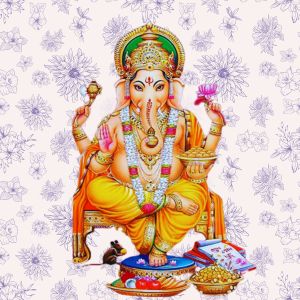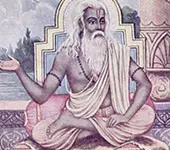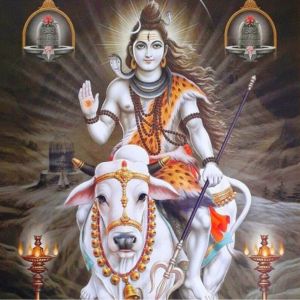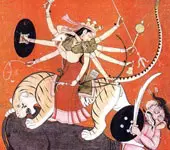Recommended for you
Mantra for removal of Impediments

om namaste vighnaraajaaya bhaktaanaam vighnahaarine . vighnadaatre hyabhaktaanaam ganeshaaya namo namah' ......
Click here to know more..People who bring your attention to your body are your enemies
 Click here to know more..
Click here to know more..
Margabandhu Stotram

shambho mahaadeva deva| shiva shambho mahaadeva devesha shambho| shambho mahaadeva deva|....
Click here to know more..
English Topics
Devi Mahatmyam
Click on any topic to open
- 49 Devi's Presence in Kindness, Contentment, and Nurturing
- 48 Durga as Lakshmi. Vritti, and Smriti
- 47 Why Devi is called Shanti
- 46 Why Is Devi Called Kshanti?
- 45 Meaning of Trishna In Durga Saptashati
- 44 Why Is Devi Called Hunger?
- 43 Difference Between Chetana And Buddhi
- 42 Why Devi Is Called Durga?
- 41 What Are The Eight Siddhis?
- 40 Namo Devyai Mahadevyai - Why Is She Called Devi And Mahadevi?
Please wait while the audio list loads..
30
Ganapathy
Shiva
Hanuman
Devi
Vishnu Sahasranama
Mahabharatam
Practical Wisdom
Yoga Vasishta
Vedas
Rituals
Rare Topics
Devi Mahatmyam
Glory of Venkatesha
Shani Mahatmya
Story of Sri Yantra
Rudram Explained
Atharva Sheersha
Sri Suktam
Kathopanishad
Ramayana
Mystique
Mantra Shastra
Bharat Matha
Bhagavatam
Astrology
Temples
Spiritual books
Purana Stories
Festivals
Sages and Saints
26
15
13
Copyright © 2024 | Vedadhara | All Rights Reserved. | Designed & Developed by Claps and Whistles
